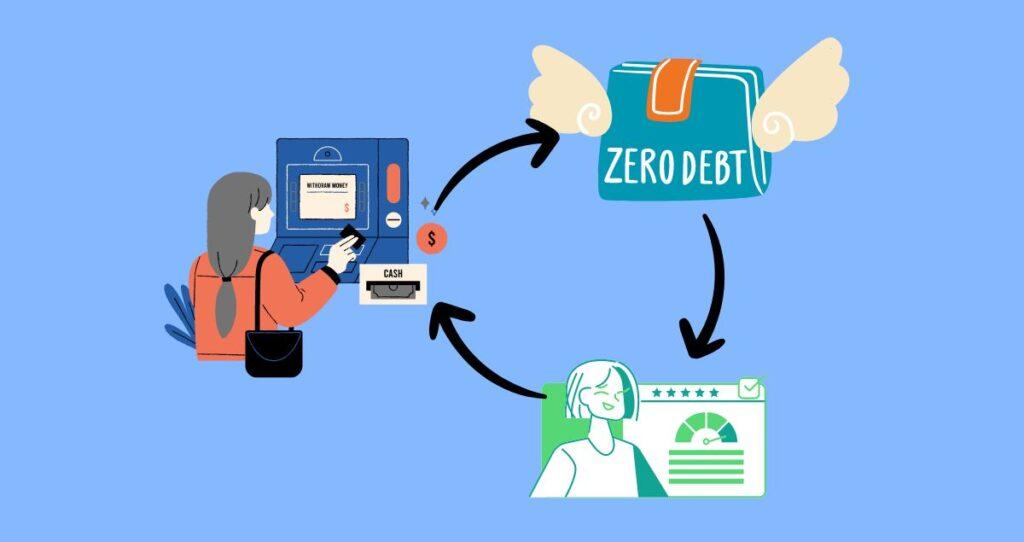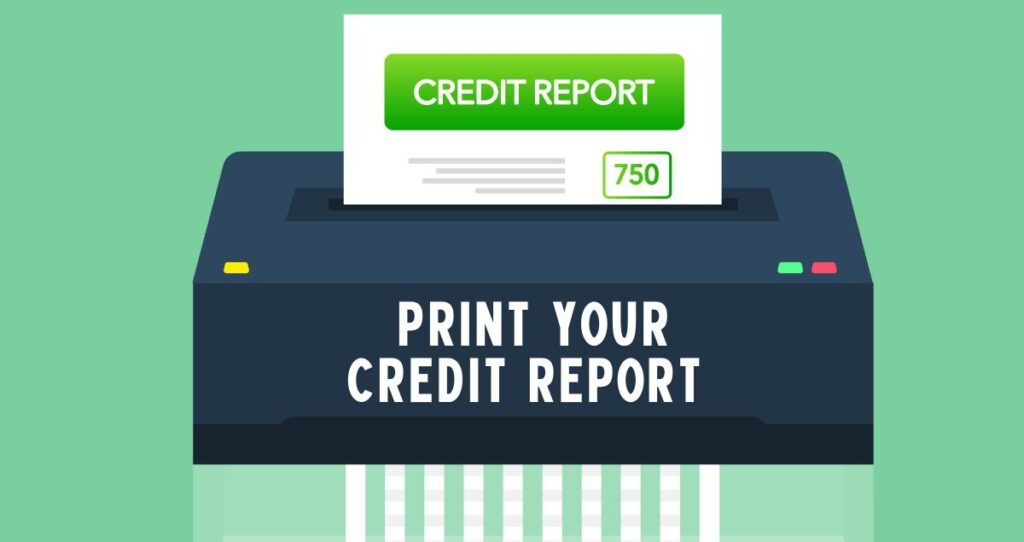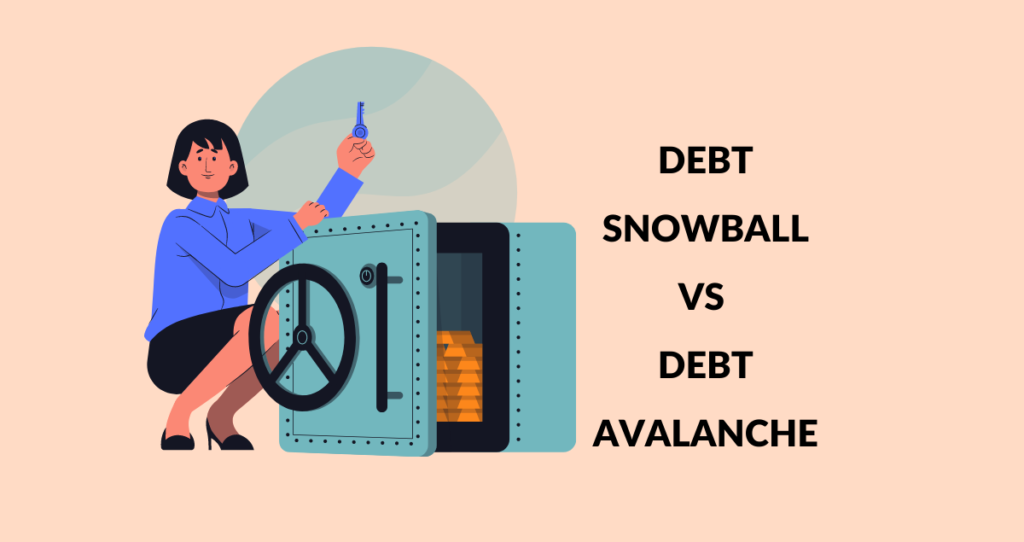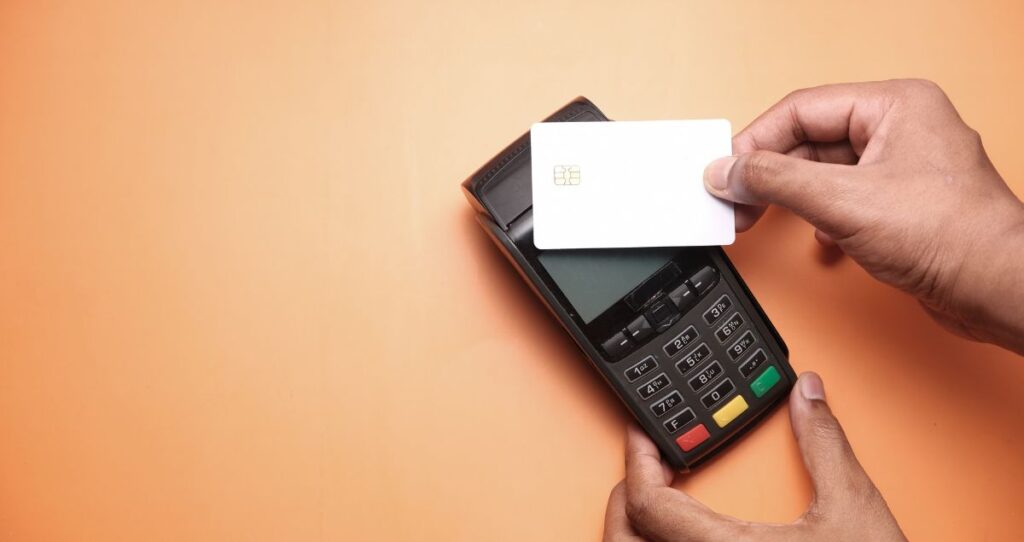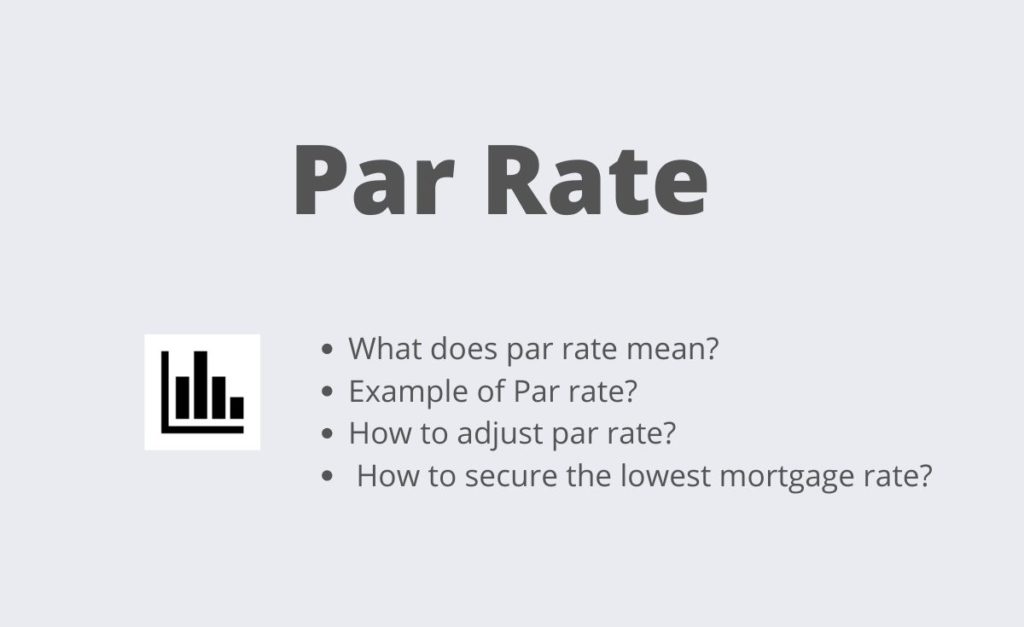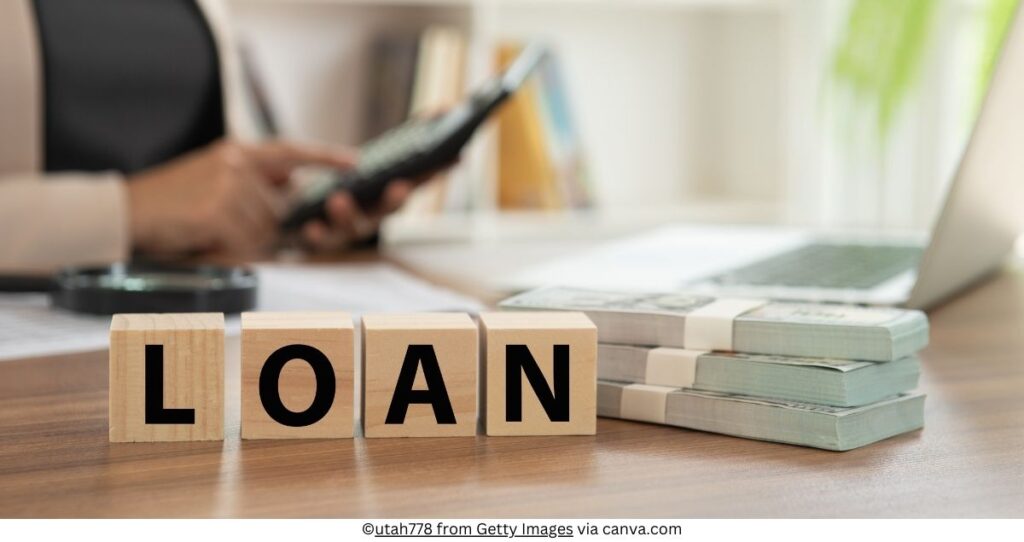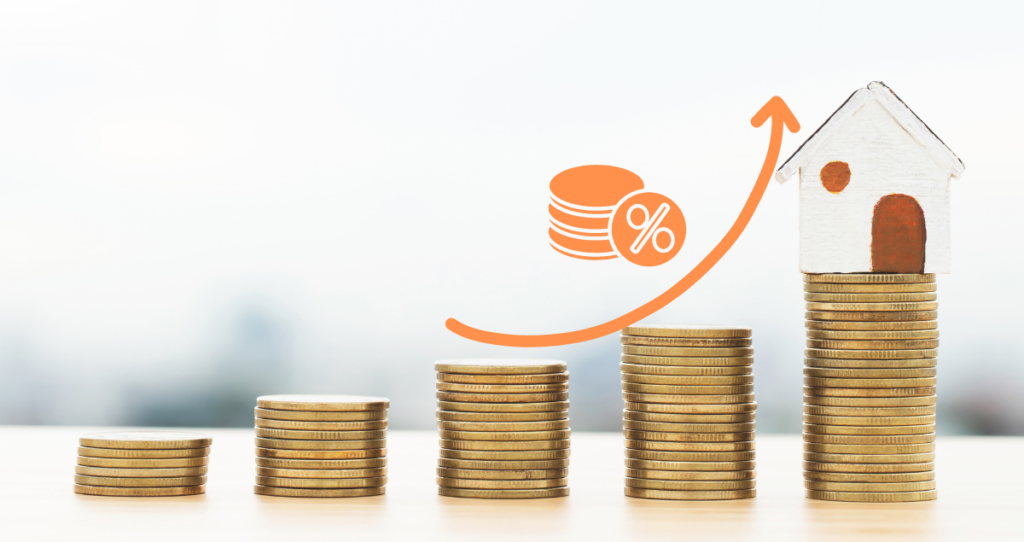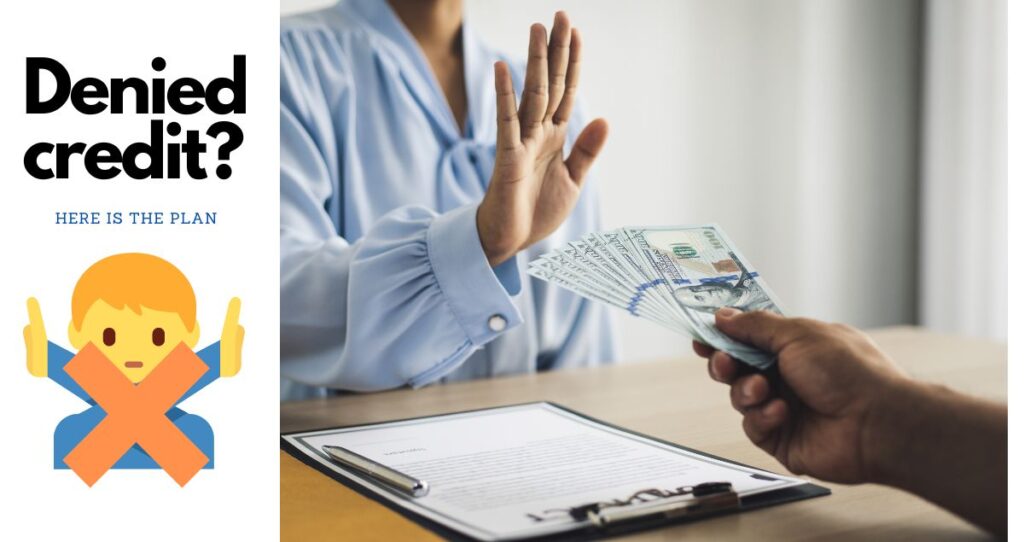Are you trying to raise your credit score fast? Paying off debt is one of many strategies to increase your score fast, but the question is: what debt should you pay off first to raise your credit score the fastest? Knowing the proper sequence to tackle your debts can improve your credit score. In this article, I will show you the debt you can pay off to raise your score in as little as 30 days. I will also give you helpful tips for getting out of debt and eventually reaching financial freedom.
To know what debt to pay off to raise your credit score fast, you first need to understand how each debt you pay off affects factors on your credit score. For example, once paid off, revolving credit debt has the fastest impact on your credit score compared to installment loans due to improving your credit utilization without affecting your credit mix. You must also tackle high-interest loans to prevent your debt from getting out of control because of compounding interest and high-interest charges.
This article will explain in detail how paying off different types of debt affects your credit score and which debt to pay off first to increase your credit score quickly.
The debt to pay off first to raise your credit score is one with the highest impact on your credit utilization and less impact on your credit mix and age of your credit.
The debt to pay off first to raise your credit score should be the one that will significantly impact your credit rating the fastest. Since the top factors on your FICO score and VantageScore are payment history, credit utilization, credit age, credit mix, hard inquiries, and available credit, any debt you pay off first should impact these factors most.
You don’t have to worry about your payment history if you pay your bills on time and have open credit accounts. This factor will continuously improve your credit score as you use your credit accounts and pay your bills on time. If you are not borrowing excessively, you should not worry about hard inquiries since they appear on your credit reports only when your lender reviews your credit profile. What is left is your credit utilization, credit mix, and the length of credit history.
What debt can you pay off first to have the highest impact on your credit utilization without affecting your credit mix and age of your credit?
Only revolving credit accounts, such as credit cards and personal lines of credit, match these criteria. Paying off revolving credit first automatically improves your credit utilization without hurting your credit mix or the age of your credit history. All it takes is for your lender to report your improved utilization rate to major credit bureaus (Equifax, TransUnion, and Experian) to raise your credit score, which takes 30 to 45 days. You should also concentrate on high-interest credit cards to keep your balances low.
Why are revolving credits the best debts to pay off first to raise credit scores fast?
Every time you pay off a revolving credit, your credit utilization improves, but your credit mix and age of credit stay the same.
For example, if you have credit card debts, paying them off will automatically free some of your credit limits and improve your credit utilization. Since your credit limit gets renewed automatically, the account will stay open. As a result, paying off this debt will not affect your credit mix or the age of your credit. For this reason, you should pay off your credit card debt and personal lines of credit first to raise your credit score fast.
A big mistake people make is paying off their installment debts first, which yields which does not improve their credit scores. Yes, paying off your car loan or mortgage will impact your credit rating in the long term. However, paying off installment loans might hurt your credit score in the short term. This is because these debts have little impact on your credit utilization, and once paid off, the account gets closed. Closing the account might weaken your credit mix and the age of your credit. Hence, your credit score will drop in the short term.
Revolving credit is the best debt to pay off first to raise your credit score fast.
If you want to know what debt to pay off to raise your credit score fast, pay off revolving credit debt first. This is because revolving credit has the most impact on your credit score. Revolving credit affects many factors on your credit score the most.
Credit card debt is a good example of revolving credit debt. If you have accumulated much credit card debt, you should pay it off first. Credit card debt affects your credit utilization, a significant factor in your credit score. Both the FICO and VantageScore models give more weight to credit utilization.
Credit utilization affects 30% of your FICO score and 20% of your VantageScore. By paying off your credit card debt and similar debts first, you automatically improve your credit utilization, which boosts your credit score in as little as 30 days. In addition, paying off your credit card debt improves your debt-to-income(DTI) ratio, which improves your credit profile and helps increase your credit score.
Furthermore, your credit card and similar accounts stay open and can be renewed even after paying them off. This means that paying off revolving debt does not affect your credit mix or the age of your credit history.
What is credit utilization?
Credit utilization is the percentage of how much you have spent compared to your available line of credit. For example, if you have a credit card limit of $1,000 and pay $500, your credit utilization will be 50%. The more you spend on your credit cards, the higher your utilization. A higher utilization automatically lowers your credit score.
Most lenders suggest keeping your credit utilization under 30%. But if you want to raise your credit score fast, pay off your credit card balance in full or keep your utilization rate under 6%. Besides increasing your credit score, a low balance on your credit cards means you don’t pay any interest charges, which is good for keeping your credit account and finances healthy.
Paying off your credit card first automatically increases your credit score. Your credit score improves when your payments are reported to major credit reporting agencies(Equifax, TransUnion, and Experian). This is because paying off your credit card debt first improves your credit utilization and does not affect your credit mix. As a result, your credit score goes up right after your payments appear on your credit reports.
A low utilization rate is best when you want to raise your credit score fast.
If you want to raise your credit score fast, keep your focus on your utilization ratio. 30% of your FICO and 20% of your VantageScore is based on your utilization ratio. As long as you pay your bills on time, the next thing to pay attention to is your utilization ratio. How much you spend compared to your available credit limit is crucial in improving your credit score.
Why should you worry about credit utilization when you want to raise your credit score fast?
Because your payment history and credit utilization alone affect 65% of your FICO score and 60% of your VantageScore, keeping your credit utilization low and paying off your bills on time will improve your credit score. The age of your credit also plays a vital role in your credit score calculation. But you don’t have to do anything to improve the age of your credit.
Related: What is the best credit utilization ratio?
80% of your FICO score is based on your payment history, credit utilization, and age of your credit
How much does the age of your credit affect your credit score? 15% of your FICO score and 21% (credit mix and age of your credit) affect your VantageScore. You can see that 80% of your FICO score is based on your utilization rate, payment history, and credit age.
Among these factors, you don’t have to do anything about the age of your credit. Also, paying off your bills on time(which you should do if you are responsible) helps boost your credit score. The only factor that is left is your utilization rate. A lot of people get this factor wrong. So, they maxed out their credit cards without knowing they were wrecking their credit scores.
Paying off Installment debt first won’t help you raise your credit score fast.
If you want to raise your credit score fast, installment loans should not be the ones to start with. Having a definite amount to pay and scheduled payments means that once an installment loan is paid off, the account will also be closed. Closing an installment loan might lower your credit score due to weakening your credit mix and the age of your credit. An installment loan on your credit report helps you build a good credit score.
In addition, installment loans do not impact your credit utilization, which is the second factor affecting your score after your payment history. Your debt-to-income (DTI) ratio will improve from paying off an installment loan. But, this cannot increase your credit score faster than paying off revolving credit accounts on your credit score.
What credit card should you pay off first?
Paying off credit card debt to raise your credit score requires some strategy. You don’t have to worry much if you only have one credit card debt. But, if you have multiple credit card debts, it is crucial to allocate your payments to credit cards in a way that improves your credit utilization the most.
Many people make the big mistake of randomly allocating payments to their credit cards. This strategy helps them pay off some of their debts but has little effect on raising their credit scores.
If you want to pay off your credit card debts to raise your credit score, use the following strategy.
- Pay off the credit card with the highest interest rate. Credit cards come with some of the highest APRs in the lending industry. According to LendingTree, the average credit card APR for new accounts in February 2023 is 23.55%. In addition, most credit card interests are compounding interest. If you keep paying the minimum monthly payments, your debt will grow due to paying interest on interest. For this reason, you should not ignore credit cards with higher interest rates. Focusing on the higher-interest debt will allow you to keep your credit card balances manageable and ensure the health of your credit.
- Boost your credit utilization by putting more payments on credit cards with higher balances. Since your main goal is to increase your credit score fast, putting more money on credit cards with higher balances is essential. Keep your focus on credit cards that are keeping your credit utilization higher, and pay them off first. By boosting your credit utilization, your credit score will increase once low balances are reported on your credit report.
How to pay off credit card debt?
Getting out of credit card debt fast is an effective strategy for improving your financial situation. Here are tips for paying off credit card debt.
- Pay off the smallest debts first. This strategy, the Debt Snow Ball Method, lets you pay off your credit card debts, starting with the smallest balance. To use this strategy, organize your credit card debts from the smallest to the biggest and then pay the minimum payment on each debt. Then, allocate any extra funds to the smallest debt until it is fully paid off. Continue knocking off your debts until they are fully paid off.
- Pay off the highest-interest debt first. This strategy is known as the Debt Avalanche Method. This strategy allows you to pay off your credit card debts, starting with the credit card with the highest APR and meeting minimum requirements on other debts. To use this strategy, organize your credit card debts, starting with the highest interest and moving to the lowest APR. Then, pay off the first debt on the list while meeting the minimum required payments on other debts. Once the first debt is paid off, move to the next debt. Repeat this process until all your credit card debts are paid off.
Other tips to pay off credit card debt
In addition to these two debt payment strategies, other tips help you manage your debts. The following two strategies can help you quickly manage and repay your credit card debts.
- Try consolidating your credit cards. If you are having trouble paying off your credit card debts, consolidating them into a single debt can help you pay them off quickly. The single loan becomes easy to manage and pay off faster. You might also get score a lower interest on the new loan.
- Transfer your credit card balances to a lower-interest card. If you have a credit card debt with a higher APR, you can quickly transfer that balance to another credit card with a lower APR. Reduced interest rates will allow you to repay your credit card debt quickly.
Related: 6 effective ways to pay off credit card debt
Pay off installments loans last
Even if installment loans such as car loans, student loans, and mortgages cannot help you raise your credit score fast, you don’t want to miss a payment on these loans. Having a late payment on your credit report can drop your credit score by 180 points. You must at least meet the minimum payments on each loan while focusing more on revolving credit debt.
The other reason you should pay off revolving credit first is that paying off installment debt could drop your credit score. This is because paying off installment debt, such as a car loan, can weaken your credit mix, an essential factor in your credit score calculation.
Related: Why does your credit score decrease when you repay a loan?
How does paying off installment loans lower your credit score?
Credit mix is a factor that contributes to your credit score. A good credit mix includes revolving credit accounts such as credit cards, personal lines of credit such as HELOCs, and Installment loans such as student loans, mortgages, and car loans. Your credit mix shows you can handle all types of loans, making you a less risky borrower.
When an installment loan is paid off, the account also closes. Similarly, your car loan account will not stay open when no balance is left on the car. Closing the account automatically affects the number of active credit accounts on your credit reports, which might weaken your credit mix and lower your credit score.
The good news is that less debt improves your debt-to-income(DTI) ratio, positively impacting your credit score. A good DTI ratio makes it easy to qualify for loans.
If you don’t have other revolving credit accounts, your credit mix becomes weak, directly lowering your credit score. FICO and VantageScore credit scoring models allocate different weights on your credit mix. Your credit mix affects 10% of your FICO score and 21% (together with the age of your credit) of your VantageScore.
For these reasons, paying off installment loans might not be a good idea when you want to increase your credit score fast.
What are other ways to raise your credit score fast?
- Become an authorized user of a credit card account. One of the fastest ways to boost your credit score is to become approved for a credit card account. After being added to an account with an established credit history and good credit score, you automatically get a boost once account activities are reflected on your credit reports.
- Clean your credit reports. You can quickly boost your credit score by cleaning up your credit reports. Cleaning up your credit reports helps you eliminate errors, inaccurate information, or have removable negative items deleted from your credit reports. This automatically boosts your credit score once updates are made to your credit reports.
- Keep your credit accounts open. Closing your credit card can directly impact your credit utilization if you carry balances on your credit cards. Your credit mix can also be affected when you cancel a credit card account. Both of these events might lower your credit score. So, keep your accounts open even if you are not using your credit cards.
- Pay your bills on time. Payment history affects your FICO score and VantageScore the most, with 35% and 40%, respectively. So, as you pay your bills on time, your credit score increases to reflect your activities.
- Avoid excessive borrowing. Every time you apply for credit, your lender runs a hard pull on your credit profile. This results in a hard inquiry on your credit reports and lowers your credit score by 5 to 6 points. To boost your credit score fast, avoid excessive borrowing.
- Watch your utilization ratio. Credit utilization is the second most significant factor in your credit score calculation. So, by keeping your utilization low, you automatically keep your credit score healthy. Paying off large credit card balances can quickly increase your score. It will only take between 30 to 45 days to have your payments reflected on your credit reports and see changes in your credit score.
The bottom line
The decision of what debt to pay off first to raise your credit score can be daunting. However, prioritizing revolving credit first is key to increasing your credit score. Among revolving credit debts, such as credit cards, focus on debts with the highest utilization rate. Furthermore, tackle high-interest revolving debts to prevent your debts from growing exponentially.
Not only does this help you save money in the long run, but it reflects positively on your credit score.
Remember, it’s not the amount of debt you owe but how you manage it that significantly impacts your credit score. Whether starting your debt repayment journey or working to raise a good score, prioritizing revolving credit and high-interest debt is a key step.
